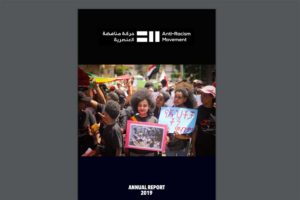
Tag: Lebanon


No Ethical Contract Under Kafala
The Ministry of Labor is set to release an amended version of the Standard Unified Contract (SUC) which, in theory, intends to regulate the working relationship between migrant domestic workers and their sponsors (employers). However, the contract is only one piece of the Kafala system and, due to lack of any enforcement mechanism, it is arguably the least important piece.
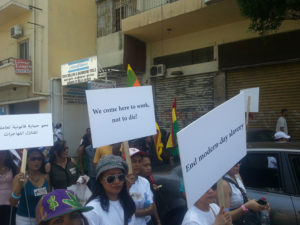
13 Workers Report Their Rights Violated at Caritas
13 Ethiopian women left a shelter run by Caritas on June 22, 2020, reporting some concerning violations of their rights during their stay.
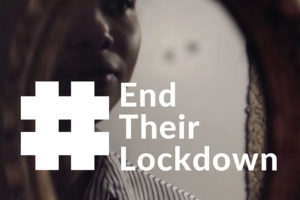
End Their Lockdown
We can all do something to stop the devastating impact of kafala on the lives of hundreds of thousands of migrant workers in Lebanon.
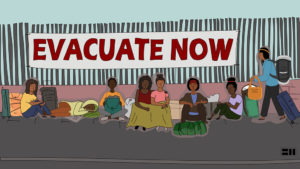
Prosecute Employers Who Abandon Domestic Workers Now!
More than 100 migrant workers of different nationalities have been abandoned by their employers or showed up at their consulate since the beginning of June 2020. The majority of these workers are Ethiopian due to the size of the Ethiopian community in Lebanon. The Ethiopian consulate failed to intervene and closed its doors to its own citizens.

The Impact of the Economic Crisis and Coronavirus Lockdown on Migrant Workers
Since the beginning of the economic crisis in Lebanon in 2019, migrant workers have suffered severe financial losses due to being fired, reduction in salaries, and rapid devaluation of the local currency.
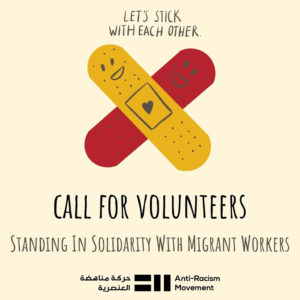
Call for Volunteers
To respond to the impact of the coronavirus and economic crises on migrant workers, ARM is planning interventions for basic needs assistance including food and hygiene kits and advocacy to prevent evictions. We are calling for volunteers to help us in the following projects:


Join Our Newsletter
At the Anti-Racism Movement (ARM), we are constantly working on a multitude of different activities and initiatives. Most of our activities are only possible with the help of dedicated and passionate volunteers who work in collaboration with our core team.
The Anti-Racism Movement (ARM) was launched in 2010 as a grassroots collective by young Lebanese feminist activists in collaboration with migrant workers and migrant domestic workers.
Quick Links
Useful Links
This work is licensed under a Creative Commons Attribution 4.0 International License.
Developed by CONCAT